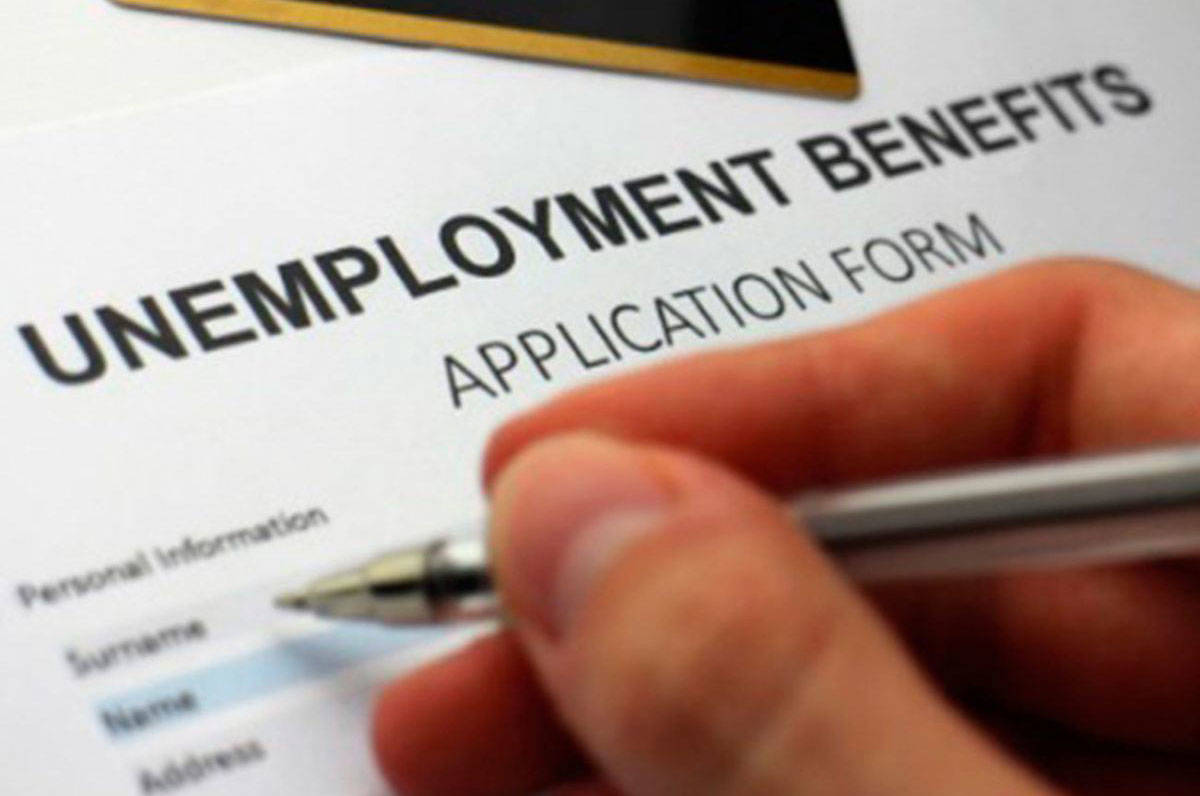State Sen. Karen Keiser, D-Des Moines, disputes people who say unemployment benefits are keeping people from work because of the $300 weekly federal benefit on top of the state payment.
“I do not accept that people are not going to work because of their unemployment benefits,” Keiser said in response to a question during a June 3 Kent Chamber of Commerce Zoom meeting that featured local legislators. “That is a false premise. The fact is if you have a minimum benefit ($201 per week) and the $300 federal increment, you are still earning on a hourly basis less than the (state) minimum wage ($13.69 per hour). You are earning $12.53.
“Even if you are a higher wage earner, your unemployment benefit is essentially 50% of your income. So if you earn $800 a week your benefit is about $400 a week, so add $300 on top of that you’re still coming up short every week $100. So the unemployment benefit is not keeping people from work.”
The maximum weekly payment from state unemployment is $844.
Kent Mayor Dana Ralph last month listed unemployment benefits as one reason why the city had trouble attracting people to apply for its lifeguard program at Lake Meridian. The city of Kent has since canceled the program, which needed 16 to 20 lifeguards, due to a lack of applicants.
Ralph told the Kent City Council that she had heard from restaurants, service organizations and other cities that they were having trouble filling part-time positions and they put part of the blame on unemployment payments being too high.
At least 25 states have cut off the federal unemployment benefits of $300 per week. Governors in those states claim the unemployment benefits stop people from applying for jobs.
Keiser was asked whether Washington should do the same, but she said those benefits aren’t the problem.
“What is keeping people from work is the lack of affordable, accessible, reliable child care, for women especially,” said Keiser, who represents the 33rd District that includes part of Kent. “And also so many of our individuals still have problems with Covid, those with immune problems or maybe their family members are compromised with their immune systems and they do not feel safe going back to work.”
Keiser said she hopes that COVID-19 fades away in the next couple of months with all the vaccinations and that the child care system can get back in place.
“The federal benefit will end in September, so you’re talking about three months so that’s not a big incentive to make any change,” she said.
Keiser said that unemployment payments actually can benefit the economy.
“Unemployment benefits are to help people spend money in your community,” she said. “They are a macro economic development tool to get people to buy things that they need for their lives and their families. If they don’t have that money, they don’t buy things.”
Taking away that income could cause sales to fall.
“So small businesses that want people to go out to restaurants or to buy things at their stores are going to see their problem on the other end of sales and not on the side of people working,” Keiser said.
The senator said there’s not an easy answer to get more people to apply for part-time jobs with small businesses and cities.
“It’s a multifaceted issue and very complicated,” she said. “But please do not jump to the conclusion that cutting people’s income will help small business. That is a doomsday scenario in my opinion.”
Unemployment taxes
Earlier during the virtual meeting, Keiser spoke about Senate Bill 5061 that she sponsored to cancel a large hike in unemployment taxes that businesses would have had to pay. The Senate and House each approved the bill and Gov. Jay Inslee signed it.
“When Covid hit (March 2020) unemployment claims increased in one week by over 900%,” Keiser said. “When there’s a claim on unemployment insurance, there’s repercussion on the premium paid by the business.
The state unemployment rate jumped last spring to 16% from 3% and now is at about 5.5%.
“When you have layoffs and reduction you have higher premiums,” Keiser said about businesses. “It’s like when you have a car accident, your premiums go up.”
Employers were seeing increases of 300% to 500% and more in their unemployment premiums.
The bill prevented $1.7 billion in automatic unemployment insurance (UI) tax increases from taking effect from 2021 to 2025, including $920 million this year, triggered by massive, pandemic-induced layoffs in 2020. One of the ways it does that is by removing from businesses’ future UI tax calculations the effects of $1.2 billion in benefits paid out from March 22 through May 30, 2020. That means businesses would never need to pay back the state’s UI trust fund for those benefits.
“I will revisit the premiums in the fall,” said Keiser, who is chair of the Senate Labor, Commerce and Tribal Affairs Committee. “I am encouraged that unemployment rate is going down and the premiums should mitigate on their own.”
Talk to us
Please share your story tips by emailing editor@kentreporter.com.
To share your opinion for publication, submit a letter through our website https://www.kentreporter.com/submit-letter/. Include your name, address and daytime phone number. (We’ll only publish your name and hometown.) Please keep letters to 300 words or less.

